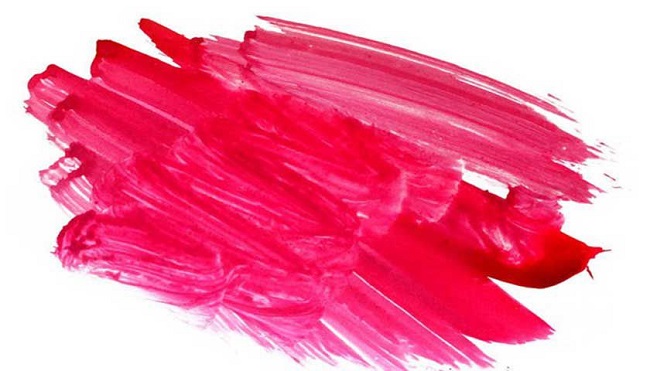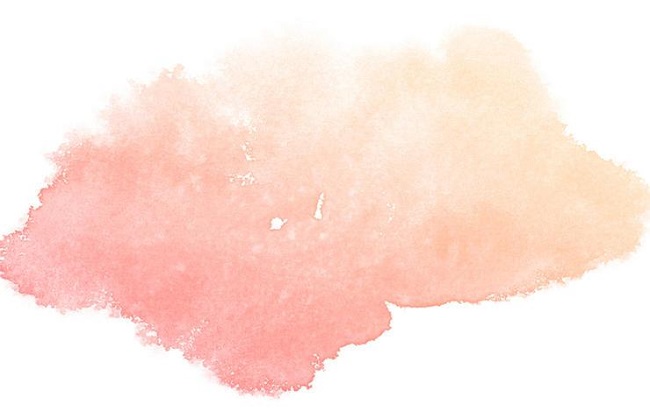Did you know that the color of your period blood can speak a lot about your health? This is now being regarded by obstetricians and gynecologists as an important indicator of your present health as recommended by a report published by the American College of Obstetricians and Gynecologists. The color of your period blood is being viewed in the same light as your pulse, temperature and blood pressure but why?? Well!! Period blood can provide valuable insight into your hormonal health because it is your hormones that keep your body running smoothly.
What you need to know is that every woman is different and what’s normal for one may not be so for another. This is why you should always watch out for changes in the color of your flow. "We're very complicated as women, and a lot of things can make your period change," says Karen Carcamo, M.D., M.P.H., an ob-gyn with the Institute for Women's Health in San Antonio. Here are 6 things your period blood says about your health.
1 Pinkish
Advertisement
A pinkish period blood or which looks like strawberry jam means low estrogen levels especially if your flow is lighter than usual. If you are habituated in exercising a lot or an eager runner, then Studies have proved that excessive exercise can lower estrogen levels and that can interfere with your period. There are high possibilities for professional female athletes to stop ovulating.
Low estrogen increases risk of osteoporosis is untreated. If you have suddenly started to work out or working out more than usual and notice the color of your period is lighter than usual or if your flow is less frequent, consult your gynecologist now. Other reasons for pinkish flow can be polycystic ovary syndrome (PCOS) or perimenopause which is the stage when your ovaries begin to decrease estrogen to prepare for menopause.

Image Source: www.tintuccb.com
2 Watery-looking
Advertisement
According to Ob-gyn Alyssa Dweck, MD, assistant clinical professor at the Mount Sinai School of Medicine in New York, this is an indication of severe anemia especially if you find it keeps getting lighter and lighter when it should in most cases be getting heavier. Monitor two or three cycles and if you find this happening, consult your doctor or get tested for nutritional deficiencies.
What’s confusing is that iron deficiencies could be caused by heavy periods which is what was observed in a 2014 study in Finland observed when examining 236 women with heavy periods. 27% were found to be iron deficient where 60% were anemic. If you find yourself bleeding through tampons or pads in less than an hour or need to change your pads several times at night, feel tired constantly or foggy, then it’s advisable to consult your doctor and get an iron level checkup.

Image Source: www.rula.co.id